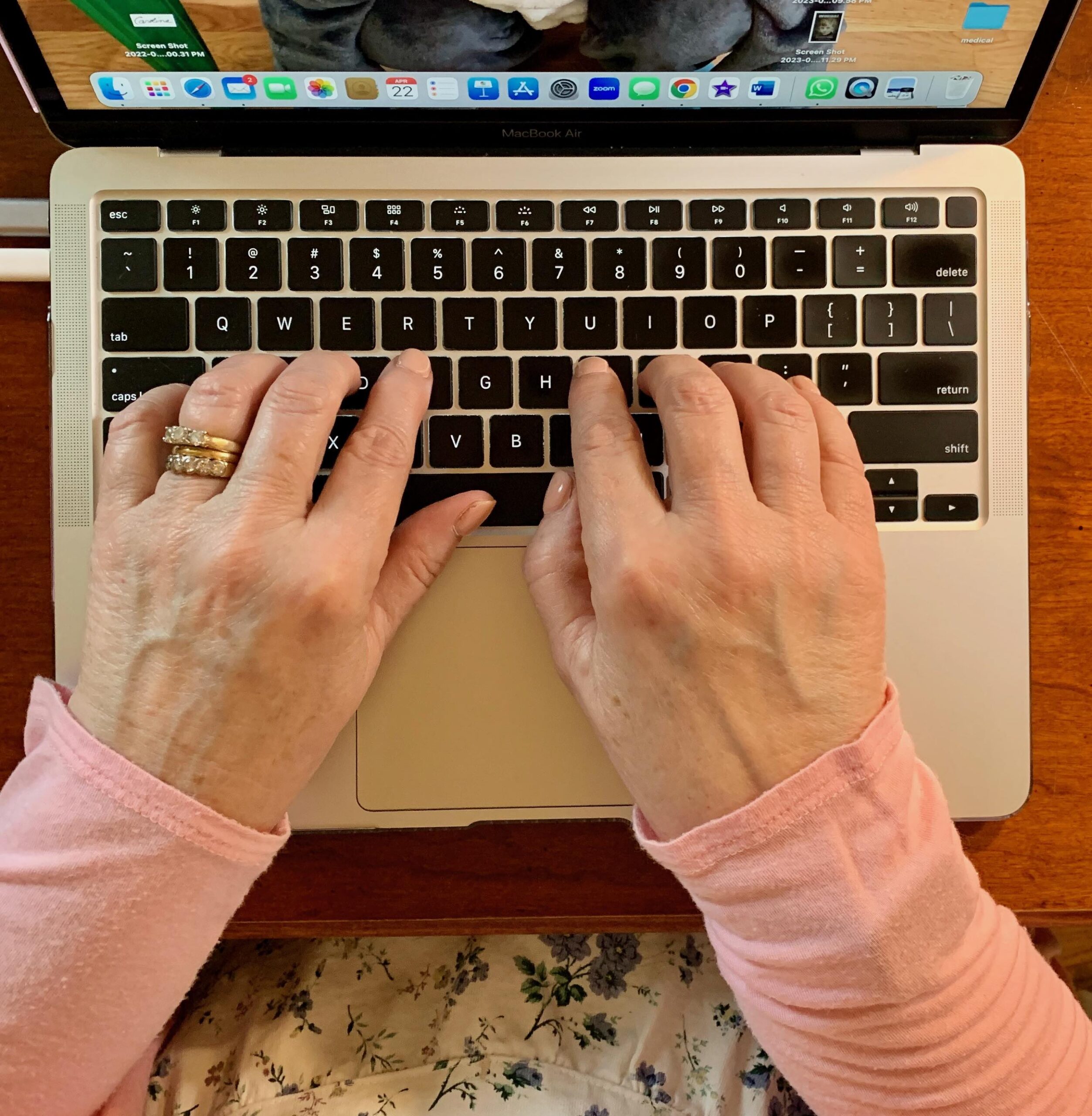Siblings have some all-important conversations. As the eldest, it fell to me to explain to my brothers and sister what an innie, as opposed to an outie, is. There was some pride involved with being one or the other. Actually, I always thought that you have what you have, and that didn’t change until I got pregnant. Yup. Innies become outies. And, when you give birth, the outie eventually returns to being an innie. TMI?
How about when a person “gives birth” to a book? Does an independently published person (indie) always remain an indie? Does a traditionally published person who allows the work and the profit to be acquired by an outsider (an outie) always stay that? What’s the best way to publish your book? I don’t know about others, but I’ve found that what I chose to do depended on several factors.
History
First, some history. In the olden days, authors had no choice. They hand-wrote their manuscript and sent it to a publisher. If accepted, the publisher took the sheaves of paper and passed them to an editor who checked whether the book made sense and fixed the grammar, punctuation, and spelling. The publisher then had the book typed and gave it to a printer. After a year or two, the author was published and received a small percentage of the proceeds as royalties. Fair enough, considering all the labor and financial outlay that the publisher provided.
Today
Nowadays, authors have the Internet. They can find editors themselves. They can have their covers designed by artists from around the world and use various tools to check grammar, spelling, and punctuation. They can even format the book using Word and upload it to be sold online worldwide. No publisher needed—but they still exist.
Get Your Book Published
Suppose the author wants to be traditionally published (an outie), as I was with my first book, Free to Think. In that case, they need first to complete their book (typed, not handwritten), have it edited, and ensure perfect grammar, etc., before spending a year or two searching for an agent and/or publisher. The publisher may edit it again, but might also not do much beyond designing a cover and printing the book. This may take a year or more.
So why would you consider being an outie to publish your book? First, bragging rights. To be traditionally published, one has to be “chosen.” There is a certain minimum standard for those books; being an outie means you met it. Second, publicity. The publisher has to sell to have any chance of recouping the money spent on printing. So, theoretically, they will advertise and get the book in front of those who may purchase it. If only they always did! Third, once you’re “in” with an agent and/or publisher, they may assign you further books, thereby generating an income stream.
Publish Your Book Yourself
Why would an author not be an outie? First, to get an agent/publisher, an author must write books that are well-written and considered salable in the current climate. Romances, books about the paranormal, books by traditionally marginalized authors, and books about famous people are popular. As was the case with my book, Brave Face, the book needs to fall within the agent’s or publisher’s chosen genre. If you don’t want to write what others want, being an outie would not be for you. Second, once a person signs with a publisher, they lose much control over the book. The publisher decides what goes in and what goes out. They decide on the format. They may even refuse to remove typos! I’ve read that, unless you’re a very famous author, it doesn’t make financial sense to be an outie. The publisher takes most of the proceeds.
To Indie or Not to Indie
So why isn’t everybody an indie? Again, there are many reasons. First, new authors may not have the confidence or be tech-savvy enough to do all that needs to be done to bring a book to market. And it is a lot! Second, they may not be willing to invest financially in their project. Cover designers, editors, etc., need to be paid. And third, there is still a certain prejudice against those who go this route. Even though there are many excellent indie books, some believe that only those who could not do anything else would choose to be independently published.
Why would a person preferentially go the indie route? First, the author may have written a book that does not fall into the categories agents and publishers are seeking. Memoirs about those who aren’t rich and famous don’t attract representation. And innocent books which just tell enjoyable stories of a bygone age, like the ‘My Everyday’ series, are considered old-fashioned. Second, they may have specific ideas about how they want their book to be formatted and sold. For me, I wanted the translations in Unforgivable to be next to, not following, the foreign language sections. Third, they may be imp[atient. I did not want to try for years before publishing the Clemmy books. And, fourth, they may wish to retain the majority of the profit, such as it is, and use it to write and publish more books!

